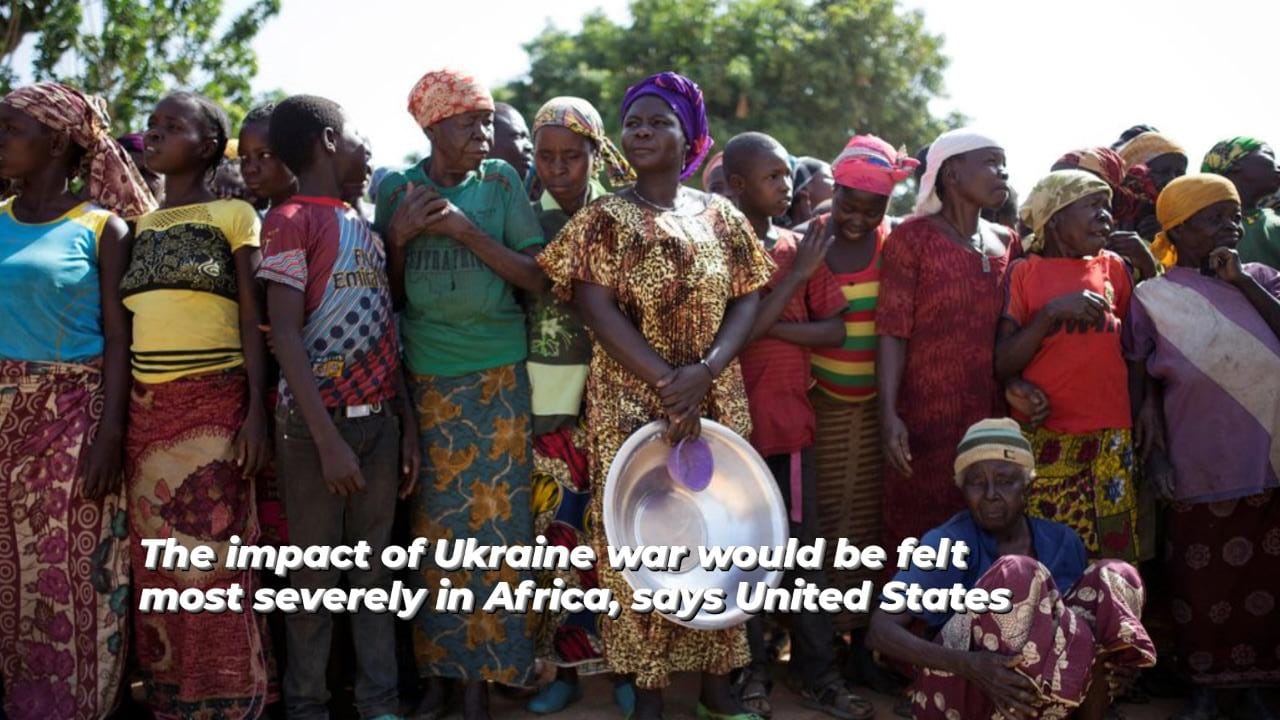
According to Linda Thomas-Greenfield, the United States ambassador to the UN, 40 million people will experience food insecurity as a result of Russia’s invasion of Ukraine, with sub-Saharan Africa suffering the most.
At the G7 conference, the United States obtained $4.5 billion for food security, of which it donated $2.76 billion.
Additionally, she continued, there are plans for the United States to provide $150 million in new humanitarian development assistance to Africa, subject to legislative approval.
In the European war, African nations have mostly refrained from taking sides and have resisted joining Western censure and penalties.
Africans, according to Thomas-Greenfield, ‘need to know the facts’ but ‘don’t want to be compelled to select a side’ in a new Cold War.
While the main drivers of the world’s food supply problems include energy, climate change, pandemics, and war, the ‘most insidious source’ is hunger employed purposefully as a weapon of war, she claimed.
According to Thomas-Greenfield, Russia has deliberately taken control of some of the most fertile farms in Ukraine and destroyed fields with mines and explosives.
Regardless of your views on Russia, she continued, ‘we all have a strong shared interest in reducing the negative effects of the war in Ukraine on food security.’
Similar words were used by French President Emmanuel Macron last week when he referred to the world food crisis as one of Russia’s ‘weapons of war’ while on a visit to Cameroon.
Moscow denies being to fault for the food crisis and attributes the stalling of its food and fertiliser exports to Western sanctions.
On Friday, Thomas-Greenfield disputed that assertion and suggested instead that Russia had intentionally taken measures to disrupt the world’s food supply systems while blaming the West.
She claimed that there has been ‘no evidence’ that Russia will agree to a diplomatic resolution to the conflict in Ukraine.

Post Your Comments